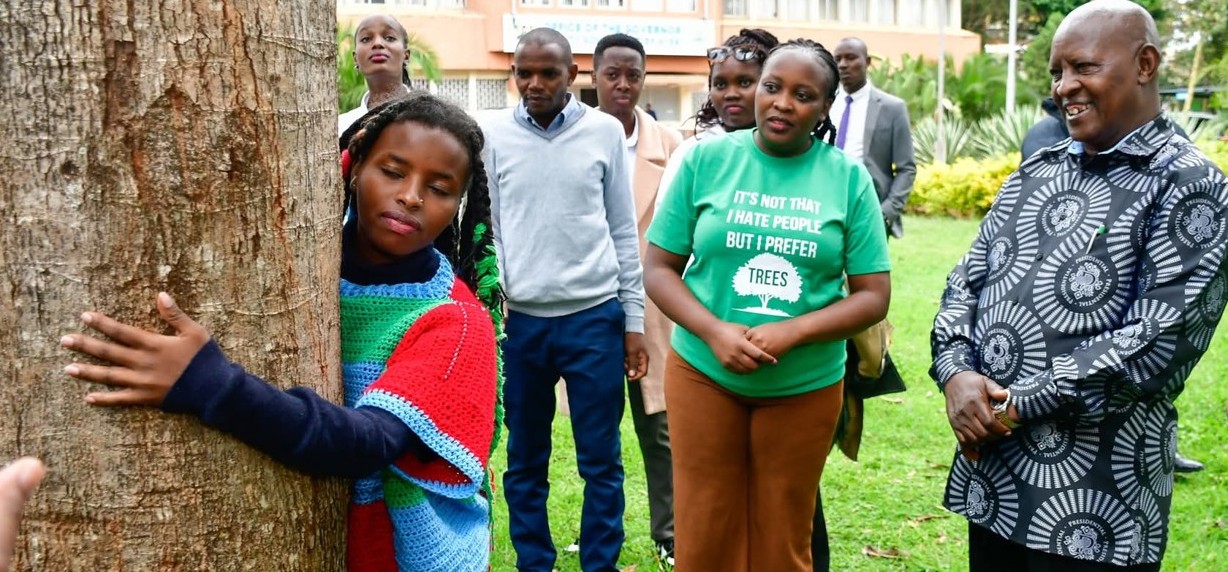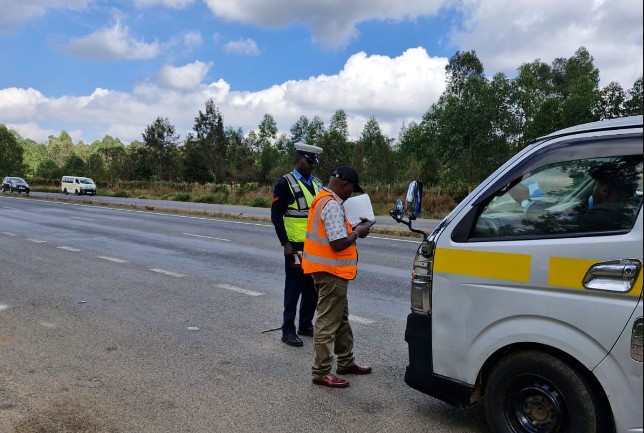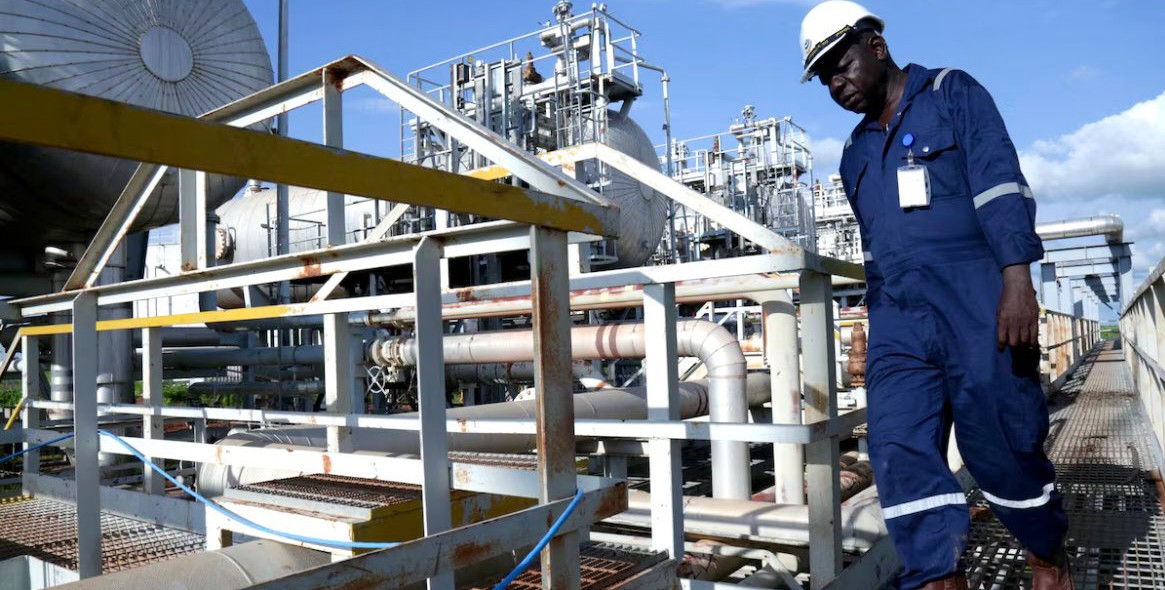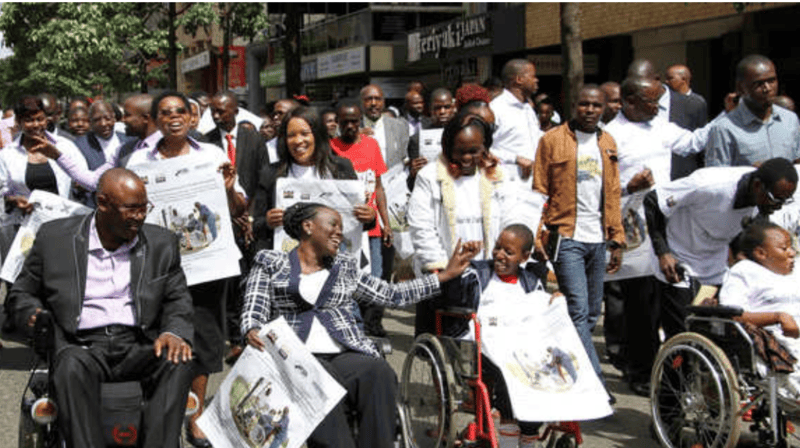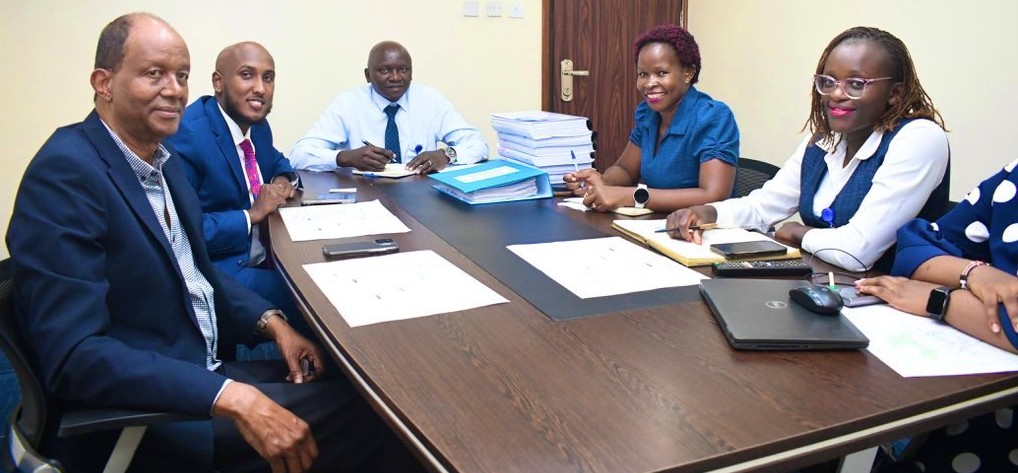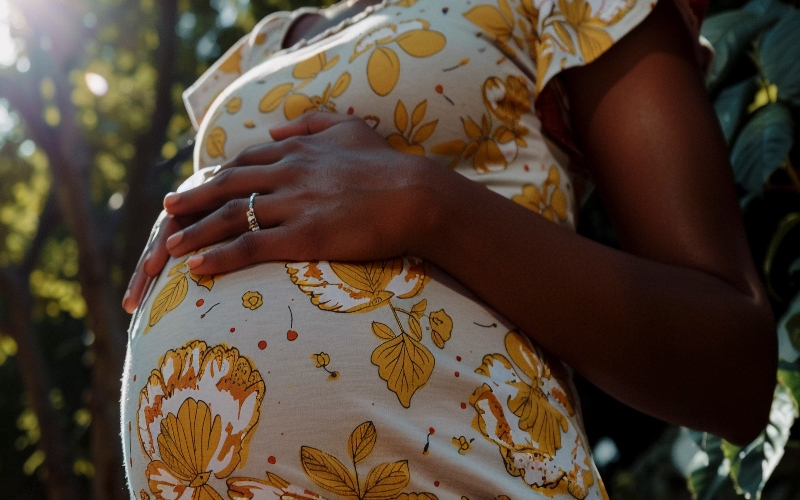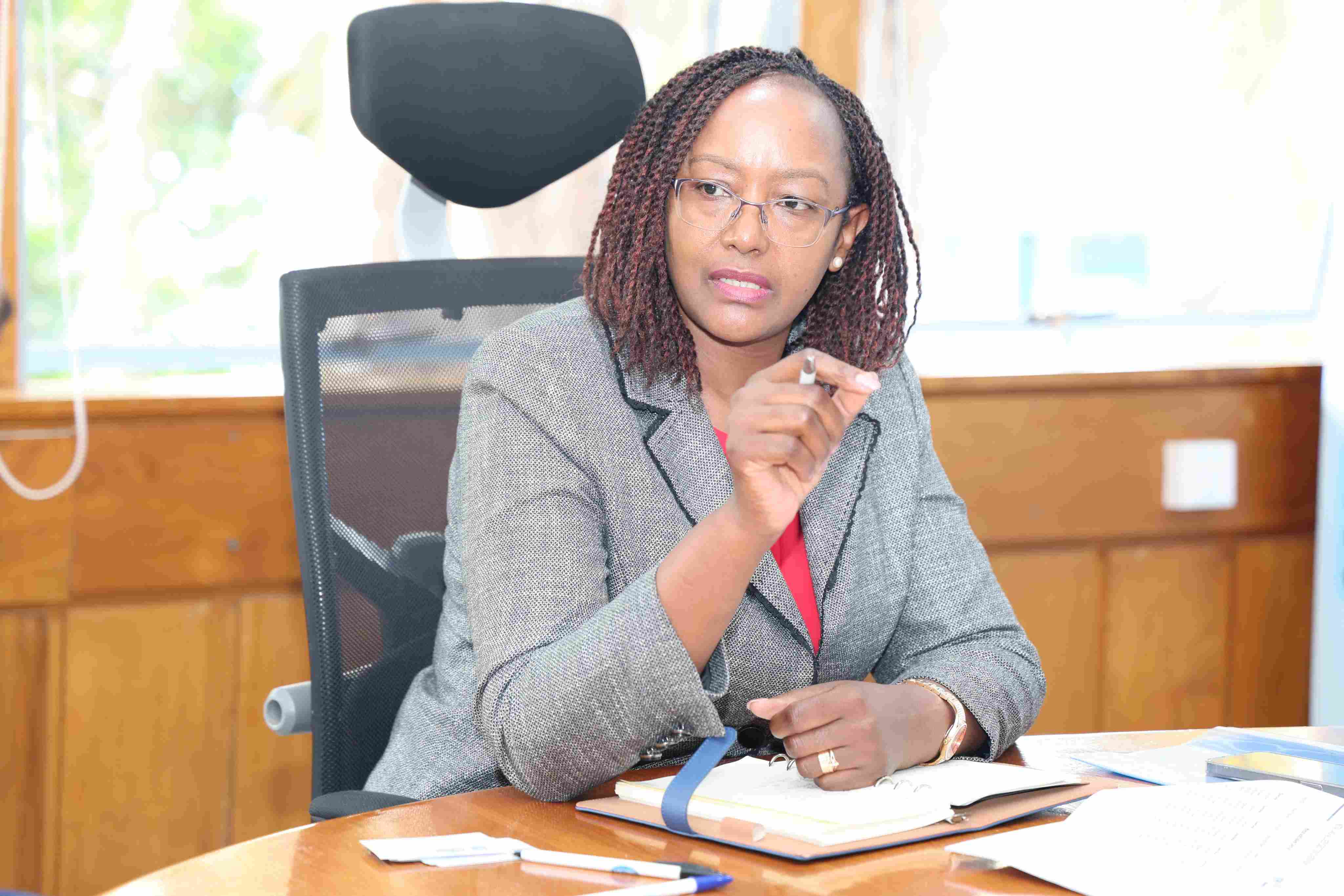IPOA faults police for ignoring protest-related deaths
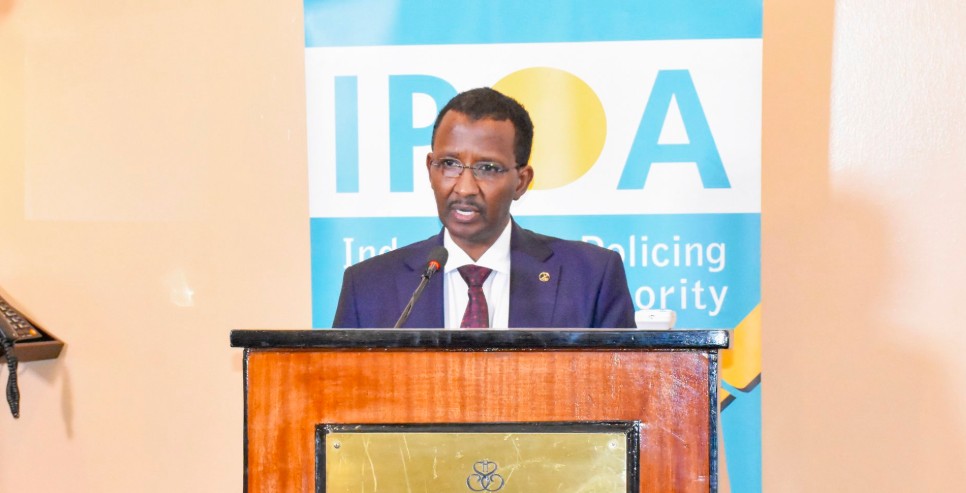
The report further criticises predictable clashes between police and protest organisers, pointing out that officers often refuse to accept formal notifications or later claim they were never received.
The Independent Policing Oversight Authority (IPOA) has raised serious concerns over the National Police Service’s failure to report protest-related deaths, highlighting gaps in accountability.
Between June last year and July this year, 65 people died during four separate protests, yet police officially acknowledged only five, according to IPOA’s latest monitoring report.
More To Read
- KNCHR documents 57 deaths amid widespread civic unrest across Kenya
- 17 diplomatic missions condemn killings, urge independent inquiry in Tanzania
- US reviews Tanzania ties after UN reports 700 post-election killings and widespread violence
- IG reshuffles top police ranks as six senior officers moved
- Wajir MCAs demand answers over rising abductions after two men vanish
- IEBC blames police officers for by-election violence, maintains poll largely successful
The watchdog said this omission violates the Sixth Schedule of CAP 84 of the Laws of Kenya, which obligates the police to report all fatalities to IPOA.
“The failure to notify Ipoa of deaths undermines independent oversight, violates legal reporting obligations and signals a worrying culture of non-compliance,” the report stated.
IPOA also documented 342 civilians and 171 police officers injured during these demonstrations as of July 23.
Spokesperson Muchiri Nyagah, however, defended the police, saying the service operates within legal boundaries and any officer found guilty of misconduct faces accountability through due process.
“The service operates within the law, and any officer found to have violated it is held accountable if there is sufficient evidence and is subjected to due process,” he said.
IPOA has already observed 61 postmortems of the 65 fatalities and will attend the remaining four once they are scheduled.
The authority also recommended that the Inspector General of Police, Douglas Kanja, take steps to prevent officers from hiding their identities or using unmarked vehicles, practices that hinder transparency.
“To enhance accountability, identification and emergency response, the Inspector General of Police should ensure all police assets and vehicles are clearly marked,” IPOA advised.
“Additionally, the IG should adopt the use of bodyworn cameras and videography during protests to strengthen accountability and support evidence-based prosecution of offenders.”
The report further criticised predictable clashes between police and protest organisers, pointing out that officers often refuse to accept formal notifications or later claim they were never received.
In several instances, police reportedly used force to disperse protests even after organisers complied with notification requirements.
IPOA stressed that the law only requires organisers to notify authorities, not to seek permission.
It called on the Inspector General to establish structured channels for dialogue with organisers to ensure protests are peaceful and orderly, reducing the risk of confrontations and fatalities.
Top Stories Today



